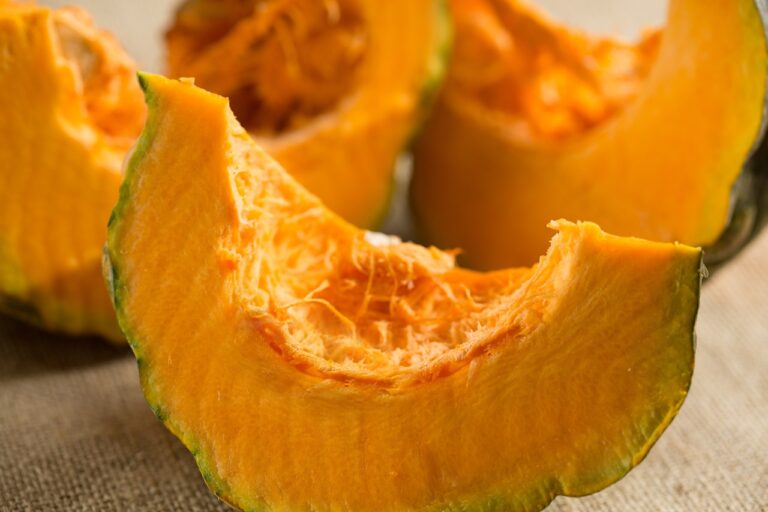The Impact of Food Additives on Food Oxidation Processes
all panel login mahadev book, lotus bhai.com, laser book 247 com registration: Food additives are substances added to foods to enhance flavor, texture, appearance, and shelf life. While these additives are generally considered safe for consumption, there have been concerns raised about their impact on food oxidation processes. In this article, we will explore the effects of food additives on food oxidation and their implications for food quality and safety.
Understanding Food Oxidation Processes
Food oxidation is a chemical reaction that occurs in food when oxygen interacts with food molecules. This process can lead to the degradation of essential nutrients, changes in flavor and aroma, and the formation of harmful compounds such as free radicals. Oxidation can also result in the spoilage of food, reducing its shelf life and overall quality.
Antioxidants are compounds that help prevent or slow down food oxidation by inhibiting the formation of free radicals and other harmful compounds. Natural antioxidants are found in foods such as fruits, vegetables, and whole grains. However, food additives are also commonly used as antioxidants to extend the shelf life of processed foods.
Impact of Food Additives on Food Oxidation
While antioxidants are beneficial in preventing food oxidation, some food additives may have unintended consequences on food quality and safety. For example, certain additives may interact with other compounds in food and produce harmful byproducts when exposed to oxygen. Additionally, the use of additives in high concentrations or in combination with other additives can lead to the formation of pro-oxidant compounds that promote food oxidation rather than inhibit it.
Common food additives such as artificial colors, preservatives, and flavor enhancers have been linked to increased food oxidation and the formation of harmful compounds. For example, synthetic antioxidants like butylated hydroxyanisole (BHA) and butylated hydroxytoluene (BHT) have been shown to have pro-oxidant effects in certain foods, especially at high temperatures and in the presence of oxygen.
Furthermore, additives such as sulfites and nitrates used as preservatives in processed meats have been associated with the formation of nitrosamines, which are potentially carcinogenic compounds. The use of these additives in food processing has raised concerns about their impact on food safety and human health.
Balancing Food Additives and Food Oxidation
While food additives play an important role in food processing and preservation, it is essential to strike a balance between the benefits of additives and their potential risks. Food manufacturers should carefully consider the type and concentration of additives used in food products to minimize their impact on food oxidation processes.
Consumers can also make informed choices by reading food labels and choosing products with fewer additives or opting for natural alternatives. Choosing fresh, whole foods and minimizing the consumption of processed foods can also help reduce exposure to potentially harmful food additives.
FAQs
Q: Are all food additives harmful?
A: Not all food additives are harmful. Many food additives are safe for consumption and serve important purposes in food processing and preservation. However, some additives may have negative effects on food oxidation processes and overall food quality.
Q: How can I tell if a food product contains harmful additives?
A: Reading food labels can help you identify potentially harmful additives in food products. Look for common additives such as artificial colors, preservatives, and flavor enhancers, and opt for products with fewer additives or natural alternatives.
Q: Are there natural alternatives to synthetic antioxidants?
A: Yes, natural antioxidants such as vitamin C, vitamin E, and polyphenols found in fruits, vegetables, and whole grains can serve as effective alternatives to synthetic antioxidants in food products.
In conclusion, the impact of food additives on food oxidation processes is a complex issue that requires careful consideration by both food manufacturers and consumers. By understanding the effects of additives on food quality and safety, we can make informed choices to minimize the potential risks associated with food oxidation and additives.







